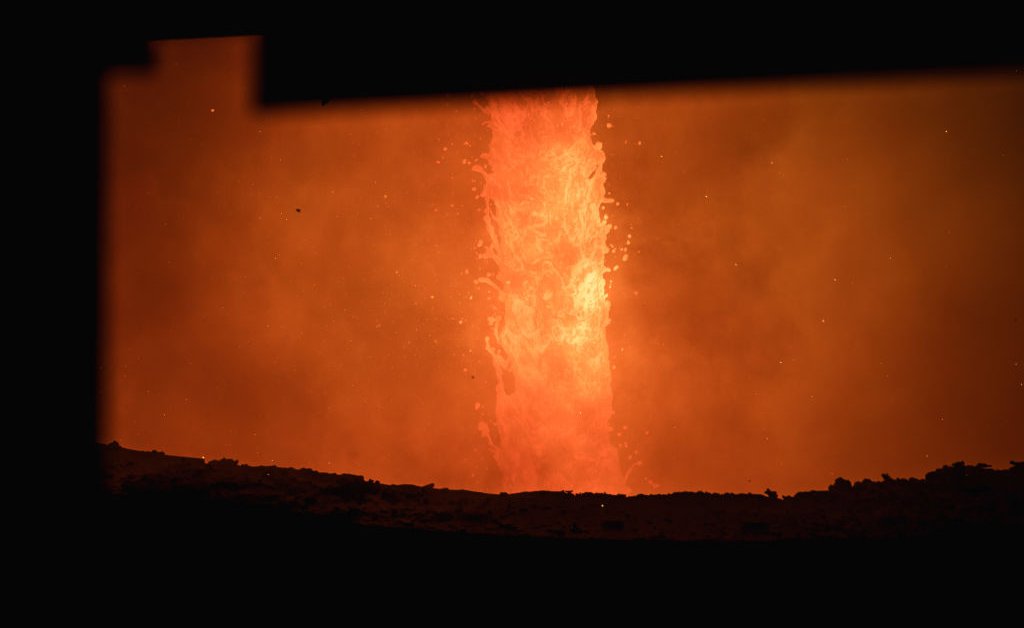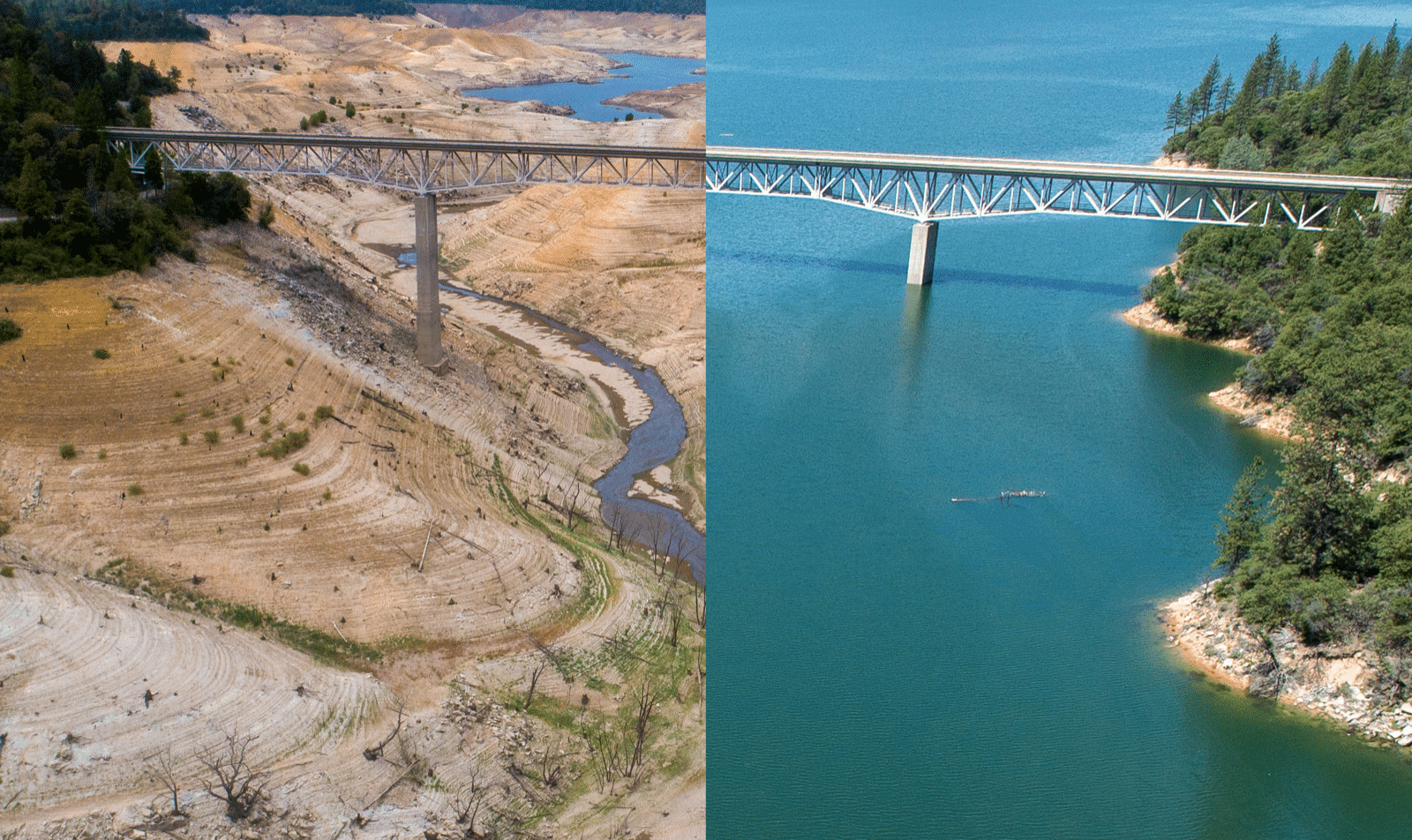
The Modern World Can't Exist Without These Four Ingredients. They All Require Fossil Fuels
M odern societies would be impossible without mass-scale production of many man-made materials. We could have an affluent civilization that provides plenty of food, material comforts, and access to good education and health care without any microchips or personal computers: we had one until the 1970s, and we managed, until the 1990s, to expand economies, build requisite infrastructures and connect the world by jetliners without any smartphones and social media. But we could not enjoy our quality of life without the provision of many materials required to embody the myriad of our inventions.
Four materials rank highest on the scale of necessity, forming what I have called the four pillars of modern civilization: cement, steel, plastics, and ammonia are needed in larger quantities than are other essential inputs. The world now produces annually about 4.5 billion tons of cement, 1.8 billion tons of steel, nearly 400 million tons of plastics, and 180 million tons of ammonia. But it is ammonia that deserves the top position as our most important material: its synthesis is the basis of all nitrogen fertilizers, and without their applications it would be impossible to feed, at current levels, nearly half of today’s nearly 8 billion people.
The dependence is even higher in the world’s most populous country: feeding three out of five Chinese depends on the synthesis of this compound. This dependence easily justifies calling ammonia synthesis the most momentous technical advance in history: other inventions provide our comforts, convenience or wealth or prolong our lives—but without the synthesis of ammonia, we could not ensure the very survival of billions of people alive today and yet to be born.
















